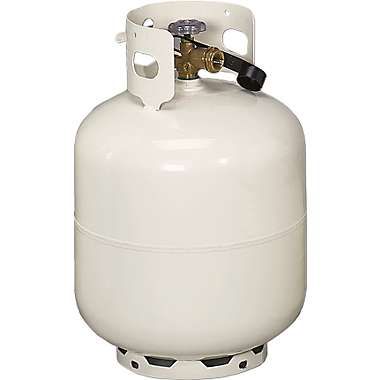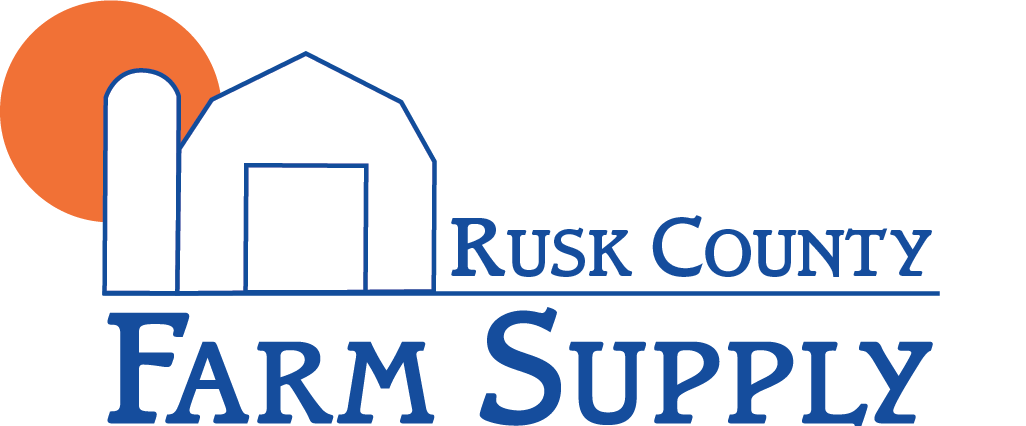Important Safety Tips
Similar to any other flammable gas or flammable liquid, propane is very safe when stored and handled properly. However, if propane is not properly and safely stored and handled, it can cause property damage, injuries, or even death. For this reason, it is important for the safety of the members of your household that they have a good understanding about propane, and the hazards and risks associated with its use. Contact us with questions that you have about propane.
How to Detect a Leak:
Smell
Propane has a distinct smell similar to rotten eggs or skunk’s spray. To recognize a gas leak, it is important to know what the gas smells like. Pamphlets with a scratch-and-sniff spot are available so you and your family can recognize the smell.
Propane Leak Detectors
Propane leak detectors, similar to carbon monoxide detectors, are also available for purchase. Gas detectors are an aid, but are not intended to eliminate safety procedures if someone smells gas, even if the alarm hasn’t activated.
It is extremely important to follow the manufacturers instructions for installation and operation. When selecting a detector, choose only those listed with the Underwriter’s Laboratories (UL).
If You Smell a Leak – DOs and DON’Ts:
DO
- Get everyone out of the home or building and away from the area.
- Attempt to shut off the valves at the tank.
- Call the fire department and your propane supplier from a phone that is outside and away from your house.
DON’T
- Don’t attempt to find the leak.
- Don’t attempt to repair your appliance or light your pilot light.
- Don’t turn on or off light switches.
- Don’t use a phone in the home or nearby areas.
- Don’t light matches inside or near the home.
Prevention and Maintenance
The propane system should be installed and maintained only by qualified personnel. Have your propane system and all appliances periodically checked by a qualified service technician for proper operation and safety.
- Be mindful of where gas lines are, especially when working in the yard.
- Contact the propane service department to light or re-light pilot lights on your appliances.
- DON’T bleed gas lines in enclosed areas.
- DON’T let your propane system run out of propane. If it happens, turn off the gas valve on the tank or cylinder and call us.
Appliances
In addition to gas leaks, not maintaining all of your appliances in good repair can result in potentially fatal carbon monoxide poisoning. See the following tips on preventing an issue:
- If you suspect that your appliance gas controls may have gotten wet (e.g. from flooding), call our trained technicians to replace them immediately. Water can damage the internal safety mechanism in the gas controls of an appliance. DON’T use appliances that have been flooded.
- DON’T tamper with gas controls on your appliances.
- Furnace: Dirt and lint should be cleaned regularly.
- Water Heater: To get rid of sediment buildup, drain your tank periodically until the water runs clean (usually 2 to 3 gallons).
- Range: If the flame is not blue, contact the service department. A yellow flame means that there are clogs or the burners need adjusting. Do not cover the oven bottom with foil as it can restrict air flow. Never us a range to heat the home.
- Install one or more carbon monoxide detectors, which can warn you of the presence of carbon monoxide with an alarm.
Carbon Monoxide
Improperly vented appliances can cause carbon monoxide poisoning. If your carbon monoxide alarm goes off, do the following:
- Turn off appliances, or other sources of combustion at once.
- Immediately get fresh air into the premises by opening doors and windows.
- Call a qualified technician and have the problem fixed before restarting appliances.
- If anyone is experiencing symptoms of carbon monoxide poisoning: headaches, dizziness, vomiting, call the fire department and immediately move to a location that has fresh air.
- Do a head count to be sure all persons are accounted for.
- Do not re-enter the premises until it has been aired out and the problem corrected.
Small Propane Cylinders
- Use only DOT-approved cylinders that are in good condition.

- When using a new cylinder for the first time, insist that your propane dealer purges the cylinder to remove air and moisture in the tank.
- Cylinders should only be filled to 80% of capacity as propane will expand and contract depending on the temperature.
- Before lighting propane gas appliances, check all connections for tightness. Electronic leak detectors are available.
- Be sure to read the manufacturer’s instructions before operating gas appliances.
- Never use propane from a cylinder without a regulator.
- Never use an open flame to test for propane leaks. Never smoke or have open flames near propane cylinders.
- When transporting a cylinder, make sure that it is secured and in the upright position, so that the valves are in the vapor space.
- Never store a cylinder indoors or in an enclosed vehicle.
- When filling cylinders attached to your vehicle, be sure that all sources of ignition are shut off; this includes pilot lights and vehicle engines.
- Turn off the valves on the cylinder when not using.
